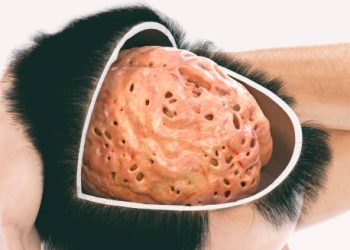Living with ARPKD – Family Support and Daily Life
Living with ARPKD requires adaptation, support, and resilience — not just from the child, but from the entire family. While the medical side of the condition is significant, the emotional and social impact is just as important.
Daily care includes:
- Administering medications (especially for blood pressure)
- Tracking urine output and fluid intake
- Encouraging a kidney- and liver-friendly diet
- Attending regular check-ups and lab tests
- Watching for signs of infection or complications
Children with ARPKD may miss school for medical appointments or periods of illness. Teachers and caregivers should be educated about the condition and its potential impact on energy levels, focus, and emotional wellbeing.
Parental support is critical. Caring for a child with a rare disease can feel overwhelming. Parents often juggle appointments, specialist referrals, diet plans, and medication routines — all while managing their own jobs and relationships. Counselling, support groups, and connecting with other families facing similar journeys can be life-changing.
Living with ARPKD
In South Africa, resources such as rare disease foundations, hospital social workers, and paediatric outreach clinics can help families access support, education, and funding for treatment where available. Some provincial hospitals partner with NGOs to assist with travel costs, nutritional supplements, or genetic counselling.
Hope is central to long-term care. While there is no cure yet, many children live into adulthood, attend school, develop friendships, and experience love and achievement. Planning for the future — including schooling, independence, and mental health — empowers families to look beyond diagnosis.
Every child with ARPKD is different. With attentive care, emotional support, and access to evolving treatments, they can thrive in ways that reflect their unique strengths and stories.
Navigating Daily Life with Compassion and Structure
Living with ARPKD goes far beyond managing medical appointments — it requires a stable routine, emotional resilience, and a deep understanding of a child’s changing needs. Families often become expert caregivers, adapting their homes, schedules, and priorities to meet the complex demands of the condition. Structured daily care, like consistent medication routines and dietary monitoring, helps manage symptoms while giving children the best possible quality of life.
Empowerment Through Support and Connection
No family should walk this path alone. Support systems — from healthcare providers to community networks and rare disease organisations — play a vital role in sustaining long-term care and emotional wellbeing. In South Africa, these resources may vary by region, but even small connections can offer life-changing reassurance. With the right tools, guidance, and mindset, families can move beyond simply coping, and instead begin building a hopeful, empowered future for their child with ARPKD.
👉 [End of Series | Back to Overview]
Autosomal Recessive Polycystic Kidney Disease (ARPKD) Overview


